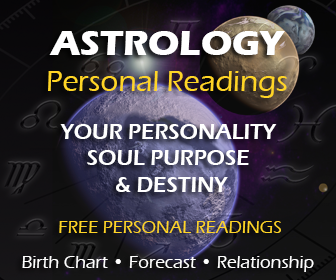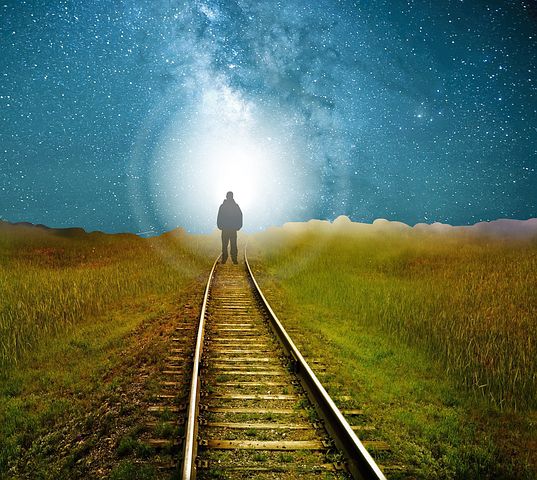
-

Featured Just recently, I stumbled upon a book written by Arthur Conan Doyle in 1918 "The New Revelation". It was his very first book regarding his views on spiritualism and psychic phenomena. I thought it to be interesting reading, as much of the "evidence" that he collected and retold relating to "life" in the afterlife was no different than what our psychics, mediums, and other metaphysicians tell us these days. The reality is, we have actually been getting evidence of an afterlife for centuries. Individuals throughout time have actually spoken about ghost entities, visitations from poltergeists, spirits, and interactions from beyond. Stories of reincarnation continue to flood in, lots of them from children who would not have been able to gain access, or the understanding, to envision and produce many of the tales they share. With our modern-day medicines and life-saving medical devices, the incidents of near-death experiences are being increasingly being brought into the open. Truly, just how much more "evidence" do we require?| And yet ... doubters are still plentiful. What's more intriguing is that numerous surveys, polls, and stats suggest that roughly 80% of the world's population believes in: life after death, that we have a soul which continues to exist after our "physical" deaths, that there is a Paradise/Heaven, and that there is a creator who monitors us. Out of the 20% left, about half are hedging and have not decided on what to think of it all. That leaves simply 10% of people that we need to "convince and reveal evidence to." In which case I'm asking this question ... Why do we have to show anything to this extremely small minority of individuals? As I pointed out in the beginning, I had actually simply completed reading Doyle's "The New Revelation" (you can check out the whole book online). While reading, I encountered an extremely fascinating|intriguing declaration that he made and one which we ought to all consider: "... we have reached a point where further proof is superfluous, and where the weight of disproof lies upon those who deny. The very people who clamor for… -
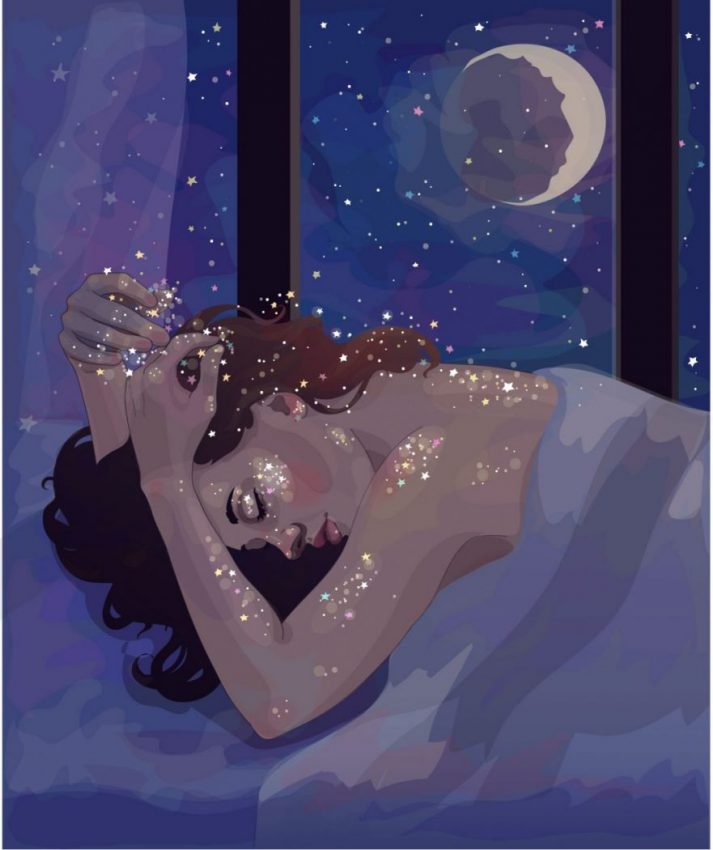
Featured Dream interpretation goes back to ancient times – possibly as far back as 3,000 to 4,000 BC or earlier. Clay tablets, which these ancient peoples recorded their dreams on, have been discovered to be that old. In those days many people regarded the dream state to be an extension of their waking physical worlds. They oftentimes felt that dream worlds were more powerful than their daily lives. Those that interpreted dreams were considered to be extremely important, and many times these men accompanied military leaders into war. The Romans and Greeks viewed the messages that came in dreams to come directly from the gods. It was so common for military and political leaders to consult dream interpreters, that they allowed their decisions and actions to be based on their dreams. This affected everything from the direction of a battle to the outcome of a political action. Dreams also provided vital clues to shamans and healers and were used to diagnose and treat many types of illnesses. Typically, dream interpreters were also priests, as the ancient Egyptians viewed dreams as having religious content. People were given special status when they had especially significant or vivid dreams, and the general belief was that they were blessed. In addition, the people who had the ability to interpret these dreams were thought to have been given these talents directly from the gods and also enjoyed a higher status in society. In the Bible, dreams are mentioned over 700 times, as the people of the day saw dreams as being significant. The interpretations of dreams are mentioned in many holy scriptures and important books of the Bible. Often seen as a form of prophecy, dreams have been interpreted as warnings or omens. Thought of as messages from spirits, departed souls, or from the deities. People changed their lives and activities as a result of them. Sometimes dreams were viewed as the work of demons that were meant to worry and confuse the dreamer. Indigenous peoples often looked at dreams as a way to communicate with their gods and spirits of the departed. Many people…Dreams and Their Interpretation
By Gemchantress - Lady Christine
Most Viewed
-
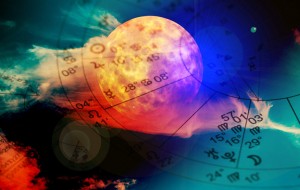
The Importance of the Moon in Astrology
Many people believe that astrology only concerns the sun.…
6381 0 -
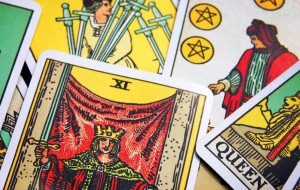
-
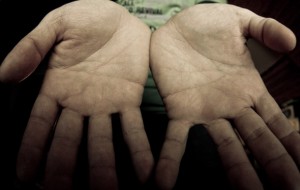
-

Spells: What are Myths and Real?
When talking about witchcraft, we usually think about black…
3549 0








